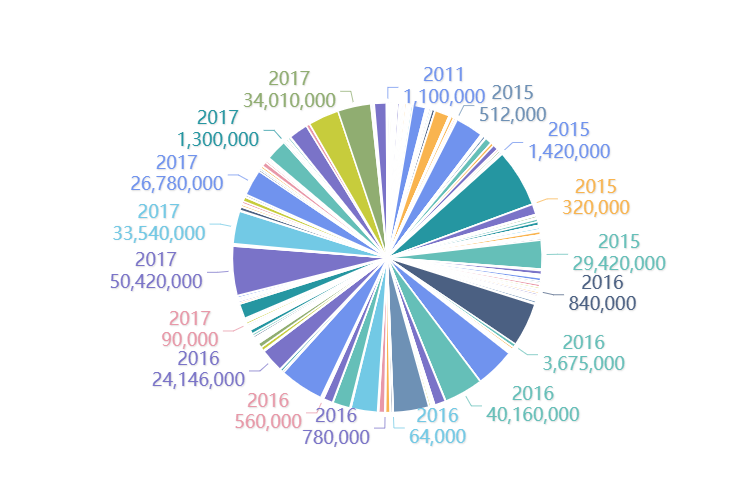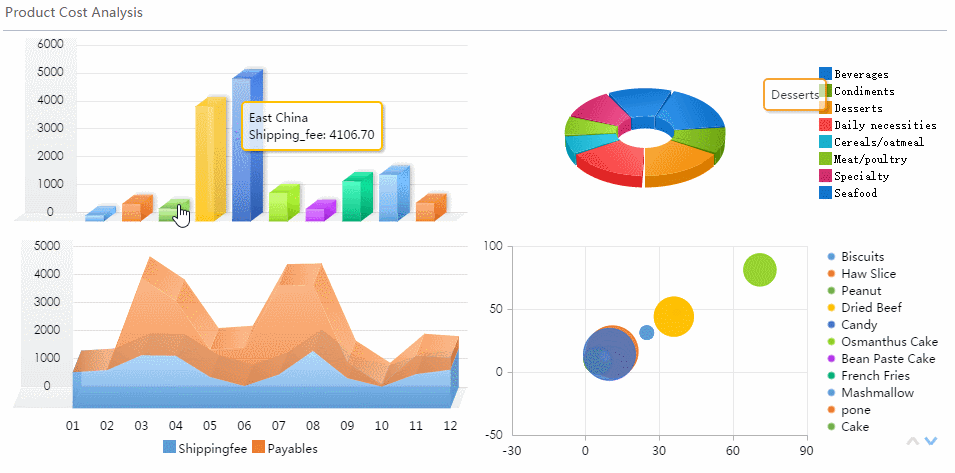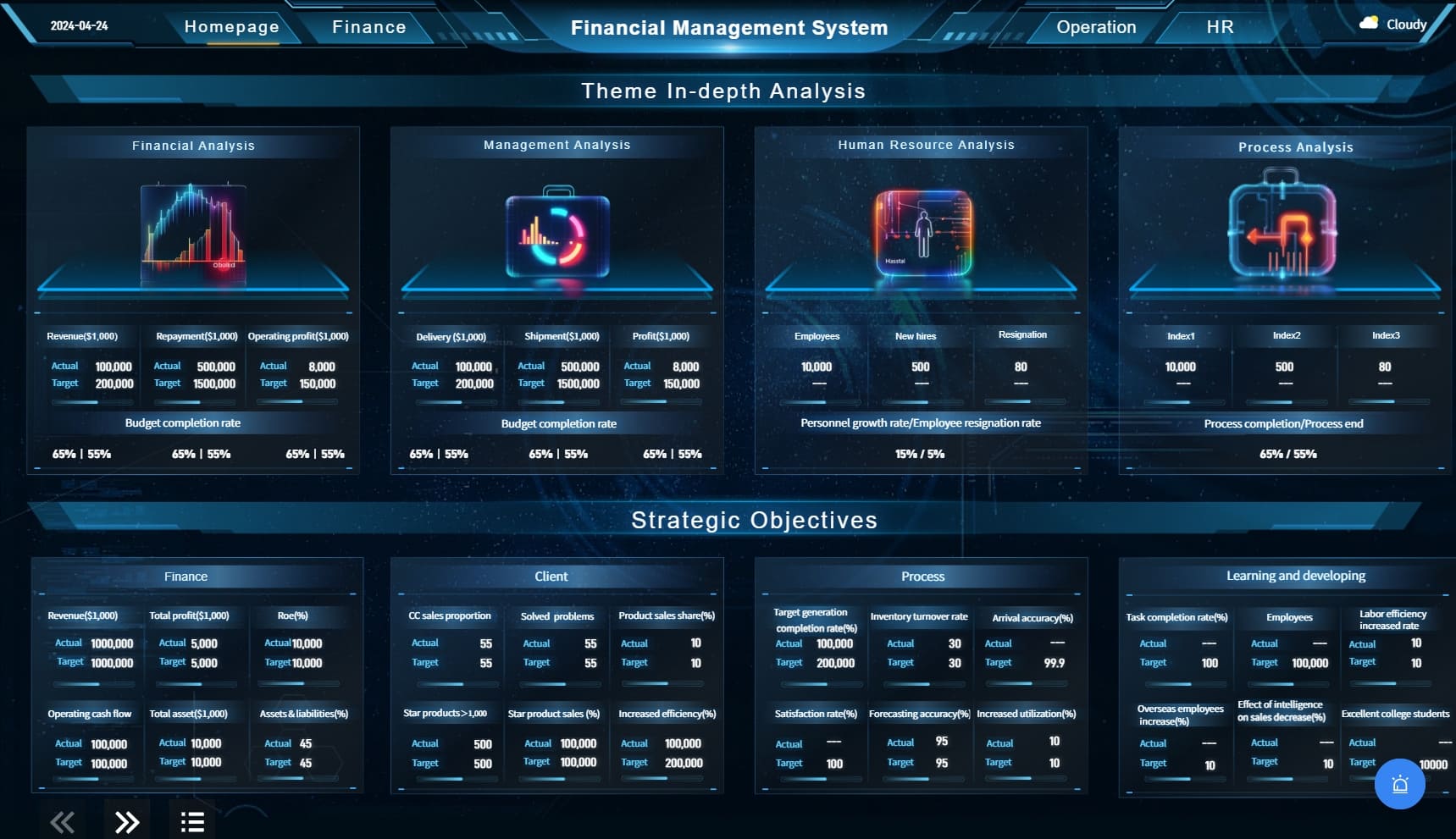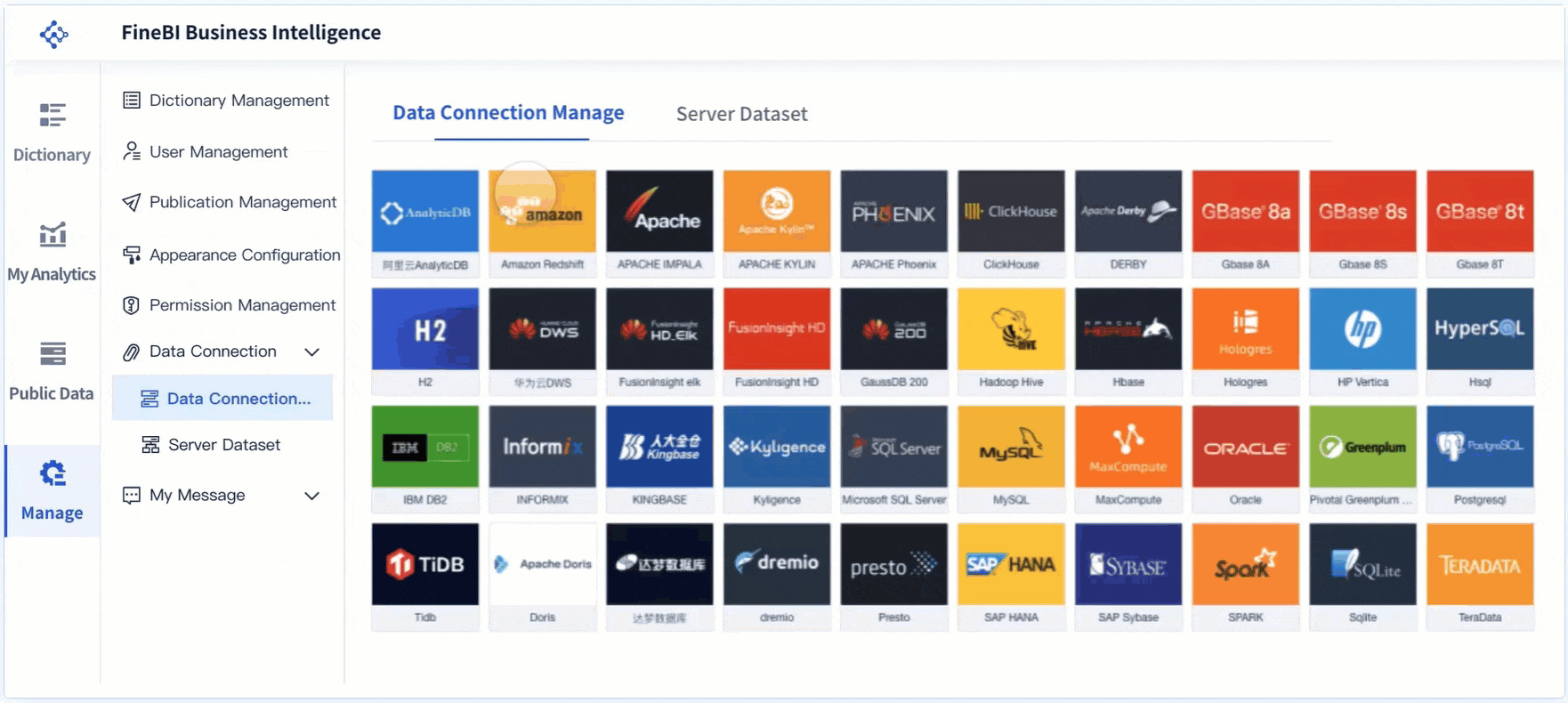Business Management in Malay bermaksud cara anda mengurus, merancang, dan mengendalikan perniagaan supaya berjalan lancar. Anda akan belajar untuk buat keputusan, urus pekerja, dan pastikan setiap bahagian perniagaan bergerak ke arah yang betul. Jika anda pernah membantu keluarga urus kedai runcit atau jual makanan secara kecil-kecilan, anda sebenarnya sudah melihat asas pengurusan perniagaan. Ilmu ini sangat penting supaya anda boleh bertindak bijak dan yakin dalam dunia kerja atau perniagaan.
Business Management in Malay merujuk kepada proses anda mengurus, merancang, dan mengawal segala aktiviti dalam perniagaan supaya matlamat tercapai. Anda akan belajar bagaimana untuk membuat keputusan yang bijak, mengurus sumber manusia, dan memastikan operasi berjalan lancar. Dalam kehidupan harian, anda mungkin pernah melihat bagaimana seseorang mengurus kedai runcit atau perniagaan kecil. Sebenarnya, itulah contoh asas Business Management in Malay yang mudah difahami.
Pengurusan perniagaan menjadi asas penting dalam dunia moden. Anda bukan sahaja belajar tentang keusahawanan, tetapi juga memperkayakan kemahiran membuat keputusan, perancangan kewangan, dan pengurusan masa. Ilmu ini mempengaruhi setiap aspek kehidupan, sama ada anda bekerja, belajar, atau menjalankan perniagaan sendiri.
Pengurusan perniagaan membantu anda memahami bagaimana sesuatu organisasi berfungsi dan bagaimana anda boleh menyumbang kepada kejayaan perniagaan. Anda akan lebih yakin untuk menghadapi cabaran dalam dunia kerja dan perniagaan.
Business Management in Malay mudah difahami apabila anda mengenali komponen utama yang diiktiraf oleh institusi pendidikan di Malaysia. Anda perlu tahu bahawa pengurusan perniagaan terdiri daripada beberapa bahagian penting:
Selain itu, terdapat komponen kesedaran yang memberi anda kefahaman tentang kepentingan keusahawanan. Komponen pembudayaan keusahawanan pula membina minat dan semangat dalam diri anda untuk menceburi bidang perniagaan. Komponen pengukuhan keusahawanan memberi pendedahan kepada dunia perniagaan sebenar supaya anda lebih bersedia menghadapi cabaran.
Business Management in Malay mudah difahami dan peluang kerjaya terbuka luas apabila anda menguasai setiap komponen ini. Anda akan lebih bersedia untuk melangkah ke dunia profesional dan membina masa depan yang cerah.
Anda akan melihat bahawa Business Management in Malay memainkan peranan penting dalam organisasi. Anda perlu tahu bahawa pengurusan perniagaan membantu organisasi menetapkan sasaran kerja yang jelas untuk setiap pekerja. Anda juga akan dapati penilaian prestasi dilakukan secara berterusan, bukan hanya pada waktu tertentu. Pegawai penilai akan memaklumkan ekspektasi prestasi kepada anda supaya anda tahu apa yang diharapkan. Anda juga diberi peluang untuk menyuarakan pandangan, dan penilaian digunakan untuk meningkatkan motivasi.
| Ciri-ciri Penilaian Prestasi | Keterangan |
|---|---|
| Sasaran Kerja | Setiap pegawai perlu mempunyai sasaran kerja yang jelas untuk diukur prestasi mereka. |
| Penilaian Berterusan | Penilaian perlu dilakukan secara berterusan dan bukan hanya pada waktu tertentu. |
| Komunikasi Ekspektasi | Pegawai penilai perlu memaklumkan ekspektasi prestasi kepada pegawai yang dinilai. |
| Peluang untuk Suara | Pegawai yang dinilai harus diberi peluang untuk menyuarakan pandangan mereka. |
| Motivasi | Penilaian harus digunakan untuk meningkatkan motivasi pegawai. |
Ketua jabatan bertanggungjawab merancang program latihan, mewujudkan budaya kerja positif, dan memberi pengiktirafan kepada anda jika anda menyumbang kepada organisasi. Anda akan dapati pengurusan perniagaan berperanan dalam meningkatkan kesejahteraan pekerja dan membentuk budaya kerja yang positif. Syarikat yang mengutamakan kesejahteraan pekerja sering melihat peningkatan produktiviti dan kepuasan. Komunikasi terbuka serta penglibatan anda dalam pengambilan keputusan mendorong inovasi dan kolaborasi.
Business Management in Malay memberi kesan besar kepada kerjaya anda. Anda akan lebih proaktif dalam mencari peluang dan menyusun strategi untuk mencapai matlamat. Kemahiran kepimpinan membolehkan anda mengatasi cabaran dengan cara konstruktif. Majikan menghargai kecekapan dan ketahanan mental yang anda tunjukkan. Anda juga membina jaringan profesional yang kukuh melalui kemahiran interpersonal yang dibangunkan. Budaya korporat yang kuat membantu anda memahami cara kerja dan meningkatkan prestasi. Kajian menunjukkan budaya korporat memberi impak positif terhadap sikap dan komitmen anda sebagai pekerja.
Anda akan dapati Business Management in Malay mudah difahami dan peluang kerjaya terbuka luas apabila anda menguasai kemahiran ini. Anda bukan sahaja meningkatkan prestasi kerja, malah membuka ruang untuk kenaikan pangkat dan perkembangan profesional.


Anda perlu menguasai kemahiran komunikasi untuk berjaya dalam Business Management in Malay. Pengurus yang berkesan sentiasa mengamalkan pendengaran aktif supaya anda memahami keperluan dan pandangan orang lain. Anda juga perlu mempunyai kecerdasan emosi untuk menguruskan hubungan interpersonal dan menyelesaikan konflik. Pemesejan strategik membolehkan anda menyampaikan maklumat dengan jelas dan mencapai hasil yang diingini.
Kepimpinan pula membolehkan anda mengurus sumber dan memaksimumkan hasil perniagaan. Anda boleh membangunkan kemahiran kepimpinan melalui pembelajaran sistematik dan latihan kepimpinan. Program latihan yang direka dengan baik akan menanamkan keyakinan untuk membuat keputusan dan memberi inspirasi kepada pasukan anda.
Anda akan lebih yakin apabila anda mampu menilai situasi dan membuat keputusan berdasarkan data dan analisis.
Kemahiran analitik data sangat penting dalam Business Management in Malay. Anda boleh menggunakan analisis data untuk mengenal pasti tingkah laku pengguna dan memaksimumkan hasil jualan. Dalam sektor kerajaan, analitik data membantu anda merancang dasar awam yang lebih berkesan. Teknik seperti analisis statistik dan pembelajaran mesin membolehkan anda mengenal pasti corak dan tren dalam data, seterusnya membuat keputusan yang lebih tepat dan meramalkan masa depan.
FineBI ialah alat moden yang membantu anda dalam analisis data dan membuat keputusan. Anda boleh menghubungkan pelbagai sumber data, menyediakan set data sendiri, dan membina dashboard interaktif tanpa memerlukan kemahiran teknikal yang rumit. FineBI membolehkan anda melakukan analisis secara visual, memantau prestasi perniagaan, dan berkongsi laporan dengan pasukan anda secara selamat. Anda boleh membuat keputusan berdasarkan data yang terkini dan tepat.

Anda akan menghadapi pelbagai cabaran dalam Business Management in Malay. Antara situasi yang sering berlaku ialah ketidakpastian ekonomi, risiko keselamatan siber, ketidakpastian kewangan, dan masalah disiplin staf. Anda perlu bijak menyelesaikan masalah seperti ketidakpastian pekerja dan memastikan pemantauan yang konsisten supaya staf mematuhi disiplin yang ditetapkan. Kemahiran penyelesaian masalah membolehkan anda bertindak pantas dan mencari jalan terbaik untuk memastikan perniagaan terus berkembang.

Anda akan mendapati bidang kerjaya dalam Business Management in Malay mudah difahami dan peluang kerjaya sangat luas. Anda boleh memilih untuk bekerja dalam pelbagai sektor seperti perkhidmatan, kewangan, pemasaran, logistik, teknologi maklumat, dan pelancongan. Sektor perkhidmatan dan kewangan menunjukkan pertumbuhan pesat, manakala bidang e-dagang dan teknologi maklumat semakin mendapat perhatian kerana transformasi digital. Anda juga boleh menceburi bidang kreatif, media, dan komunikasi yang kini berkembang pesat di Malaysia. Majikan mengutamakan individu yang mempunyai kemahiran pengurusan, pemasaran digital, dan teknologi maklumat kerana keperluan tenaga kerja yang kompeten semakin meningkat.
Anda boleh memilih kerjaya yang sesuai dengan minat dan kemahiran anda. Jika anda suka berinteraksi dengan orang ramai, bidang perhubungan awam atau pemasaran sangat sesuai. Jika anda berminat dengan analisis data, anda boleh menjadi penganalisis perniagaan atau perancang organisasi strategik.
Senarai bidang kerjaya yang terbuka kepada anda termasuk:
Anda boleh melihat pelbagai contoh jawatan yang popular dalam syarikat multinasional di Malaysia. Jawatan ini memberi anda peluang untuk membina kerjaya yang kukuh dan berkembang dalam dunia profesional. Anda boleh menjadi:
Setiap jawatan memerlukan kemahiran pengurusan, komunikasi, dan analitik data yang mantap. Anda boleh menggunakan alat seperti FineBI untuk membantu anda dalam analisis data, membina dashboard interaktif, dan membuat keputusan berdasarkan maklumat yang tepat. FineBI membolehkan anda memantau prestasi syarikat, mengenal pasti tren pasaran, dan berkongsi laporan dengan pasukan anda secara selamat. Anda akan lebih yakin untuk mengambil tindakan yang tepat dalam organisasi.
| Jawatan | Tanggungjawab Utama | Kemahiran Diperlukan |
|---|---|---|
| Eksekutif Sumber Manusia | Mengurus pengambilan dan latihan staf | Komunikasi, kepimpinan |
| Pengurus Pemasaran | Merancang strategi pemasaran | Kreativiti, analitik data |
| Eksekutif Kewangan | Mengurus kewangan syarikat | Analisis, pengurusan masa |
| Perunding Perniagaan | Memberi nasihat kepada syarikat | Penyelesaian masalah, analitik |
| Pengurus Operasi | Memantau operasi harian syarikat | Kepimpinan, pengurusan masa |
| Usahawan / Pemilik Perniagaan | Mengurus dan membangunkan perniagaan sendiri | Inovasi, pengurusan risiko |
Anda boleh memilih jawatan yang sesuai dengan minat dan kemahiran anda. Jika anda mahir dalam analitik data, anda boleh menjadi penganalisis perniagaan dan menggunakan FineBI untuk mempercepatkan proses analisis dan pelaporan.

Prospek masa depan dalam Business Management in Malay mudah difahami dan peluang kerjaya sangat cerah. Permintaan terhadap kemahiran pengurusan, pemasaran digital, dan teknologi maklumat semakin meningkat. Sektor perkhidmatan, kewangan, dan e-dagang menunjukkan pertumbuhan yang pesat, membuka lebih banyak peluang kepada anda. Anda perlu menguasai kemahiran teknologi dan sentiasa bersedia untuk menyesuaikan diri dengan perubahan pasaran kerja.
Laporan Malaysia Digital Economy Corporation 2022 meramalkan pertumbuhan industri kreatif di Malaysia akan meningkat dengan permintaan untuk bakat berkembang kepada lebih 7.59% sehingga tahun 2025. Kerjaya dalam bidang media dan komunikasi dijangka mengalami pertumbuhan sebanyak 6% menurut laporan Job Outlook 2022 oleh CareerBuilder. Pekerja dalam industri IT menunjukkan pertumbuhan ketara dalam gaji bulanan median pada sukuan keempat 2023. Permintaan untuk bakat IT semakin meningkat seiring dengan transformasi digital, yang membawa kepada peningkatan gaji median.
Majikan kini mengutamakan individu yang mempunyai kemahiran digital yang kukuh kerana keperluan tenaga kerja yang kompeten dalam bidang teknologi semakin meningkat. Anda boleh menggunakan alat seperti FineBI untuk meningkatkan kemahiran analitik data dan memudahkan proses membuat keputusan. FineBI membolehkan anda melakukan analisis secara visual, memantau prestasi perniagaan, dan berkongsi laporan dengan pasukan anda secara selamat.
Anda perlu sentiasa belajar dan mengembangkan kemahiran baharu supaya kekal relevan dalam pasaran kerja yang sentiasa berubah. Business Management in Malay mudah difahami dan peluang kerjaya akan terus berkembang seiring dengan kemajuan teknologi dan perubahan industri.

Anda boleh memulakan kerjaya dalam Business Management in Malay mudah difahami dan peluang kerjaya dengan memilih laluan pendidikan yang sesuai. Anda boleh mengambil kursus atau sijil yang diiktiraf di Malaysia. Berikut ialah beberapa pilihan yang boleh anda pertimbangkan:
| Kursus/Sijil | Syarat Kelayakan | Laluan Kerjaya |
|---|---|---|
| Sijil Perniagaan | SPM dengan sekurang-kurangnya kepujian dalam satu mata pelajaran; atau SKM Tahap 2; atau kelayakan setaraf. | Pembantu Pentadbir, Usahawan, Pentadbir Eksekutif, Perunding Perniagaan, Kerani, Penyelia Jualan. |
| Diploma Pengurusan Perniagaan | Lulus SPM dengan sekurang-kurangnya TIGA kredit; atau SKM Tahap 3; atau kelayakan setaraf. | Sumber Manusia, Perniagaan Antarabangsa, Pengurusan/Pentadbiran, Ekonomi/Kewangan, Pemasaran. |
| Sijil Pengajian Perniagaan | Memiliki kelayakan yang diiktiraf dalam bidang berkaitan. | Eksekutif Pemasaran, Eksekutif Pentadbiran, Eksekutif Latihan dan Sumber Manusia. |
| Diploma Pentadbiran Perniagaan | Memiliki SPM dengan minimum kepujian dalam 3 mata pelajaran; atau STPM; atau kelayakan setaraf. | Graduan berkemahiran tinggi dalam pengurusan dan pentadbiran perniagaan. |
Anda boleh juga mendapatkan ijazah sarjana muda dalam pentadbiran perniagaan atau pengurusan. Jika anda ingin meningkatkan prospek kerjaya, anda boleh mengejar ijazah lanjutan seperti MBA atau mendapatkan pensijilan daripada organisasi bereputasi.
Pengalaman praktikal sangat penting dalam Business Management in Malay mudah difahami dan peluang kerjaya. Anda boleh menyertai latihan industri atau program internship untuk mengaplikasikan pengetahuan yang anda pelajari. Pengalaman ini membolehkan anda memahami industri dengan lebih mendalam dan membina kemahiran kepimpinan, komunikasi, serta penyelesaian masalah. Anda juga boleh menggunakan alat digital seperti FineBI untuk meningkatkan efisiensi operasi dan mempermudah komunikasi. Pendedahan kepada teknologi terkini membantu anda memahami aplikasi praktikal dalam dunia perniagaan dan membekalkan kemahiran analisis data yang diperlukan dalam pasaran kerja hari ini.
Pengalaman praktikal membina keyakinan anda dan membuka peluang untuk anda berinteraksi dengan pelanggan serta mencipta penyelesaian yang lebih cepat dan berkesan.

Rangkaian profesional memainkan peranan penting dalam Business Management in Malay mudah difahami dan peluang kerjaya. Anda boleh membina rangkaian dengan menghadiri seminar, bengkel, atau menyertai persatuan profesional. Rangkaian ini membuka peluang pekerjaan, menyediakan akses kepada bimbingan dan sumber yang berharga, serta membantu anda sentiasa dikemas kini dengan trend industri terkini. Anda boleh juga menggunakan platform digital untuk berhubung dengan pakar industri dan membina hubungan yang kukuh.
Anda akan lebih mudah mendapat peluang kerjaya dan bimbingan apabila anda aktif membina rangkaian profesional dalam bidang pengurusan perniagaan.
Business Management in Malay mudah difahami dan peluang kerjaya memberi anda ruang untuk berkembang tanpa mengira latar belakang. Anda boleh melanjutkan pengajian walaupun tiada ijazah, asalkan anda mempunyai pengalaman kerja. Majikan mencari anda yang memiliki kemahiran kepimpinan dan komunikasi strategik. Bidang ini menawarkan masa depan yang cerah kerana:
Ambil langkah pertama melalui pembelajaran atau pengalaman praktikal. Anda mampu berjaya jika anda yakin dan berani mencuba bidang pengurusan perniagaan.
Top 10 Types of Reports in Business & Management (with Examples)

The Author
Lewis
Senior Data Analyst at FanRuan
Related Articles

What is a data management platform in 2025
A data management platform in 2025 centralizes, organizes, and activates business data, enabling smarter decisions and real-time insights across industries.
Howard
Dec 22, 2025

Top 10 Database Management Tools for 2025
See the top 10 database management tools for 2025, comparing features, security, and scalability to help you choose the right solution for your business.
Howard
Dec 17, 2025

Best Data Lake Vendors For Enterprise Needs
Compare top data lake vendors for enterprise needs. See which platforms offer the best scalability, integration, and security for your business.
Howard
Dec 07, 2025